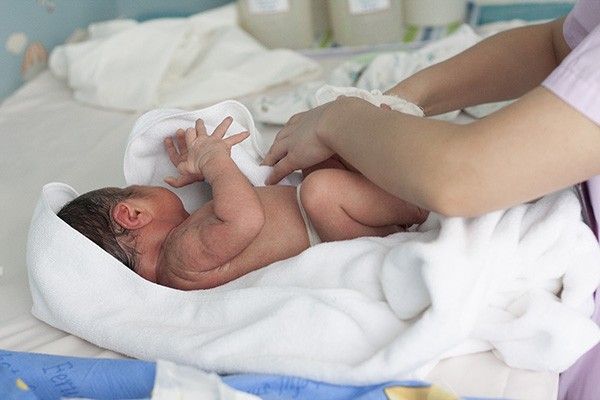Unicef, WHO: 30 million babies born too soon worldwide

MANILA, Philippines — Almost 30 million babies are born too soon, too small or become sick every year and they need specialized care to survive, a new report of a global coalition that includes the United Nations Children’s Fund (Unicef) and World Health Organization (WHO) showed.
The report, Survive and Thrive: Transforming Care for Every Small and Sick Newborn, shows that among newborn babies, most at risk of death and disability are those with complications from prematurity, brain injury during childbirth, severe bacterial infection or jaundice and those with congenital conditions.
It also showed that the financial and psychological toll on their families can have detrimental effects on their cognitive, linguistic and emotional development.
“When it comes to babies and their mothers, the right care at the right time in the right place can make all the difference,” said Omar Abdi, Unicef deputy executive director.
But Abdi noted that “millions of small and sick babies and women are dying every year because they simply do not receive the quality care that is their right and our collective responsibility.”
According to WHO deputy director general for programs Soumya Swaminathan, “for every mother and baby, a healthy start from pregnancy through childbirth and the first months after birth is essential.”
“Universal health coverage can ensure that everyone – including newborns – has access to the health services they need, without facing financial hardship. Progress on newborn health care is a win-win situation – it saves lives and is critical for early child development, thus impacting on families, society and future generations,” Swaminathan added.
The report maintained that without specialized treatment, many at-risk newborns won’t survive their first month of life.
Last year, 2.5 million newborns died, mostly from preventable causes. Almost two-thirds of babies who died were born premature and even if they had survived, these babies faced chronic diseases or developmental delays.
An estimated one million small and sick newborns survive with long-term disability. But with nurturing care, these babies can live without major complications.
The report showed that by 2030, in 81 countries, the lives of 2.9 million women, stillborns and newborns can be saved with smarter strategies.
If the same health team cares for both mother and baby through labor, birth and beyond, they can identify problems early on, the report added.
It also revealed that almost 68 percent of newborn deaths could be averted by 2030 with “simple fixes” such as exclusive breastfeeding; skin-to-skin contact between the mother or father and the baby; medicine and essential equipment; and access to clean, well-equipped health facilities staffed by skilled health workers.
Other measures like resuscitating a baby who cannot breathe properly, giving the mother an injection to prevent bleeding or delaying the cutting of the umbilical cord could also save millions.
- Latest
- Trending






























